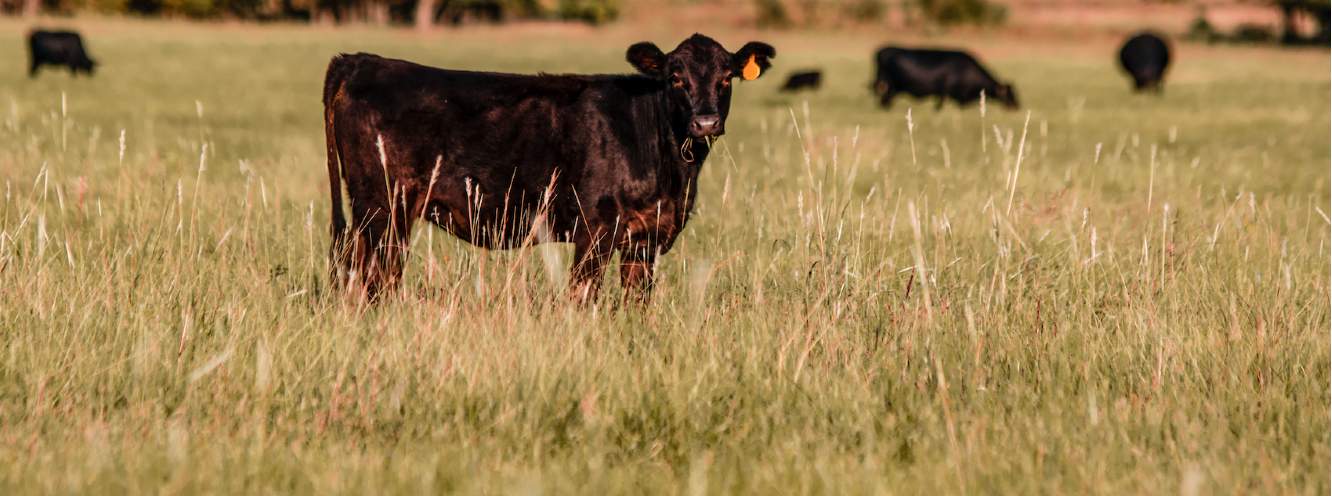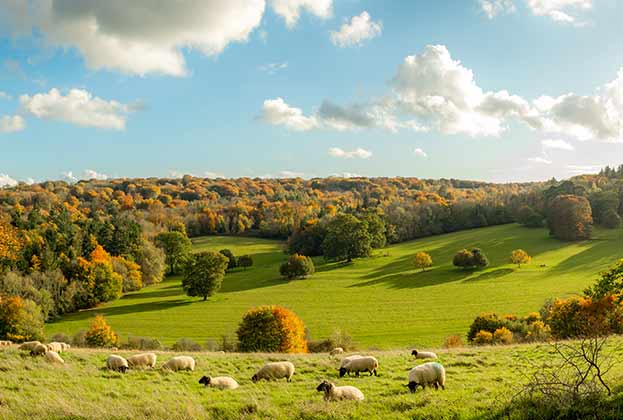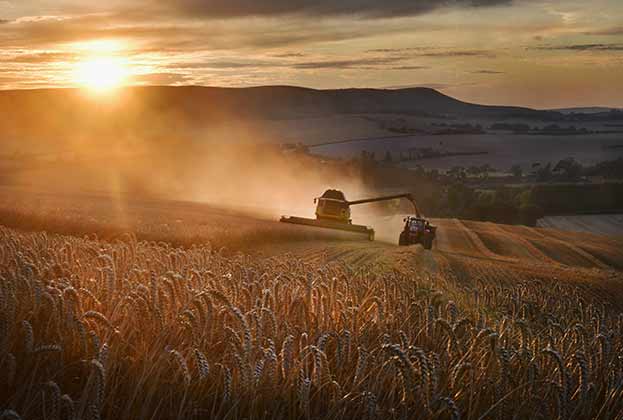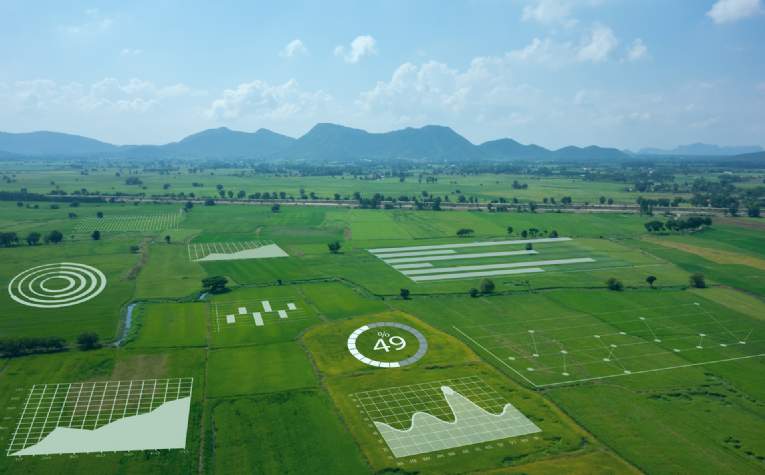Six months ago, the UK was approaching its second Brexit deadline of 2019, Prime Minister Boris Johnson had got his wish for a general election, and enjoying a Sunday roast with friends and family was pretty routine. It’s hard to believe we are currently several months into lockdown and reminiscing about the days of ‘normal life’.
Now, as we begin to try and understand what a new normal may look like, many industries will be adjusting to a new business landscape. For red meat producers, the pandemic adds to an already pivotal period of change for the sector, as a lacklustre livestock market adds further pressures to profitability and action is understandably demanded on the broader climate change issue. So what can producers expect from a Covid-19 recovery?
Expect market volatility
Since the outbreak of Covid-19 in the UK, prime livestock markets rose steadily as supermarkets covered expected increases in retail demand. But social distancing measures bought an abrupt shutdown in the variety of food services available and both prime beef and lamb markets fell back quickly as the supply chain came to grips with a potential glut of quality meat cuts normally responsible for a significant portion of total value.
Farming is regarded as an inherently volatile and risky business; markets, trade, weather and disease all pose a varying degree of risk. While not many could have predicted the scale of the current disruption, it’s important to recognise the regularity of market disruption and the need for business contingency plans to limit the impact when these times arise.
Producers should be carefully considering marketing plans over the coming months as further Brexit deadlines approach and declining slaughter numbers risk supply backlogs. Contract market agreements, improving feed storage or reducing cost bases are all options to consider.

.jpg)
.jpg)



.jpg)
.jpg)
.jpg)
.jpg)
